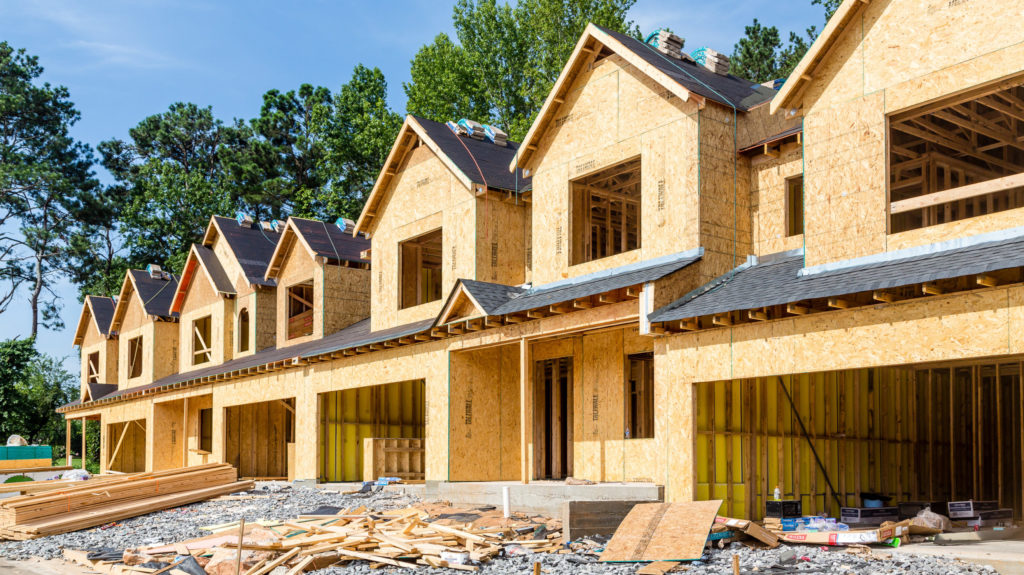The FWD #G16 • 521 Words
This is a guest blog from the Northern Virginia Affordable Housing Alliance.
America has a housing crisis.
An affordability crisis, as well as a housing supply crisis. Recently, the National Association of REALTORS® released a report showing that over the last 20 years new housing starts fell 5.5 million units short of long-term historical levels. “The scale of the problem is so large,” said David Bank, senior vice president of Rosen Consulting Group and one of the report’s authors. “We need affordable, we need market-rate, we need single-family, we need multifamily.”
Our region is also experiencing a housing crisis. To address our unmet housing needs, elected officials from the District, Maryland, and Virginia unanimously adopted the Council of Governments’ regional goal of producing 375,000 net new housing units between 2015 and 2030. Housing should be located in activity centers near transit, with one-third of the units serving low-income households and one-third for middle-income households. The regional goal translates into 25,000 net new housing units per year. That is, we need to build more housing.
The eviction crisis created by the pandemic is unlike anything we have experienced in our lifetimes. Through multiple assistance programs, the federal government has responded with substantial tranches of funding to provide financial resources to prevent evictions by paying back rent, advancing rent for those impacted by COVID, and helping landlords remain solvent.
However, the administrative process of getting that much money out the door has been daunting for state and local governments, resulting in bottlenecks to deliver relief assistance. With the end of the CDC moratorium on July 31st—or soon thereafter—strategies for mutually beneficial agreements between landlords and tenants, with the help of trusted community partners and continued rental assistance, will be needed to stave off an eviction catastrophe.
Eviction Prevention ≠ Housing Investment.
It is imperative that this relief assistance not be construed as solving our pre-pandemic housing crisis. Eviction prevention does not solve the historic under-investment in housing production and preservation—investments to end homelessness, provide permanent supportive housing for persons with disabilities, create housing that’s affordable for low and moderate income households, young families wanting to buy their first home, and seniors on fixed incomes who want to remain in their communities.
Over the coming months, the Virginia General Assembly and localities throughout the Commonwealth will make consequential decisions on how to spend the largesse of American Rescue Plan funds. With accounts of Virginia’s better-than-expected financial recovery from the pandemic, housing advocates should be bold in their recommendations for how Virginia allocates the $4.3 billion in federal funds. Having secured historic gains for the state Housing Trust Fund, permanent supportive housing, and the new Virginia Opportunity Tax Credit, it’s time to build a housing trust fund that closes the gap of only 4 affordable units for every 10 households eligible for housing that’s affordable.
It is also the time for NoVA advocates to press local governments for the funding needed to meet their share of the region’s housing goals as defined by the COG pledge. This is housing’s moment to imagine a region and a Commonwealth that is fair, equitable, inclusive and provides housing for all. Let’s not squander this unique opportunity.
NVAHA’s mission is to expand political will to make housing affordability a regional priority through education and community outreach, increased financial resources, and a sustained commitment to meeting the housing needs of low and moderate income households. NVAHA executive director Michelle Krocker is a HousingForward Virginia board member.
HousingForward welcomes guest blogs from our partners. If you have a message you’d like to share, contact us.
